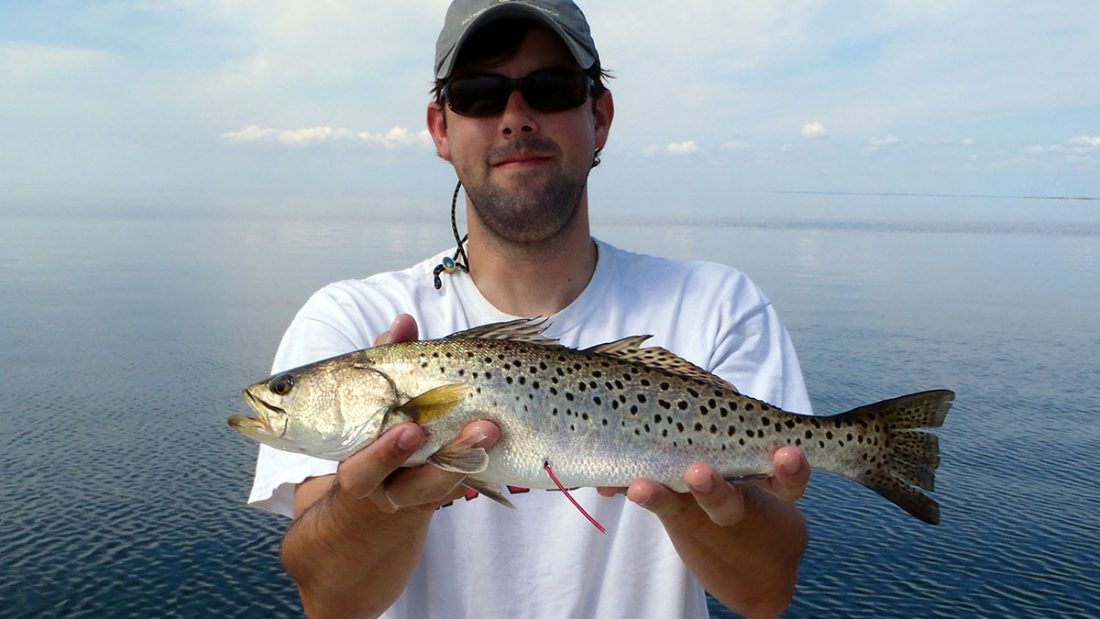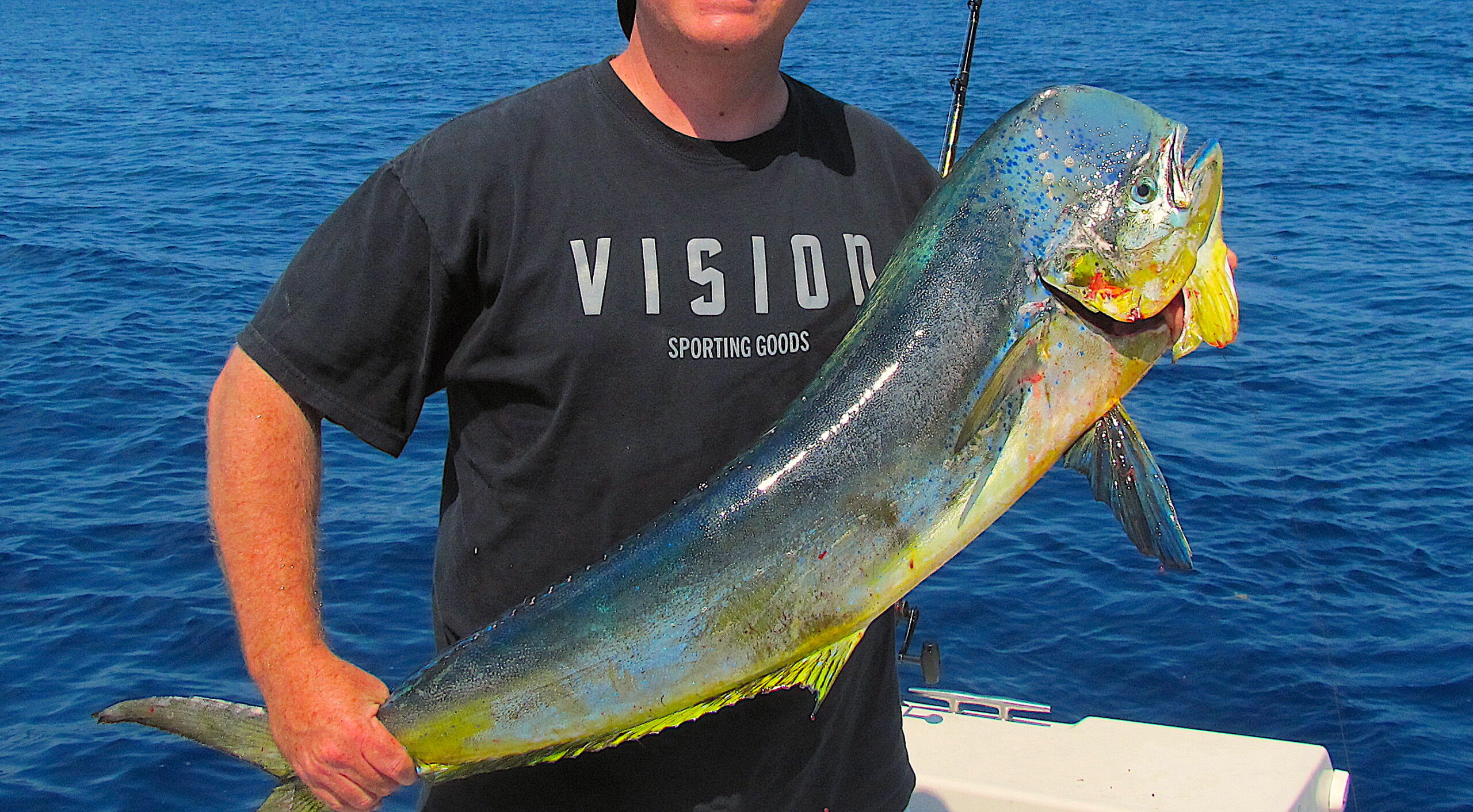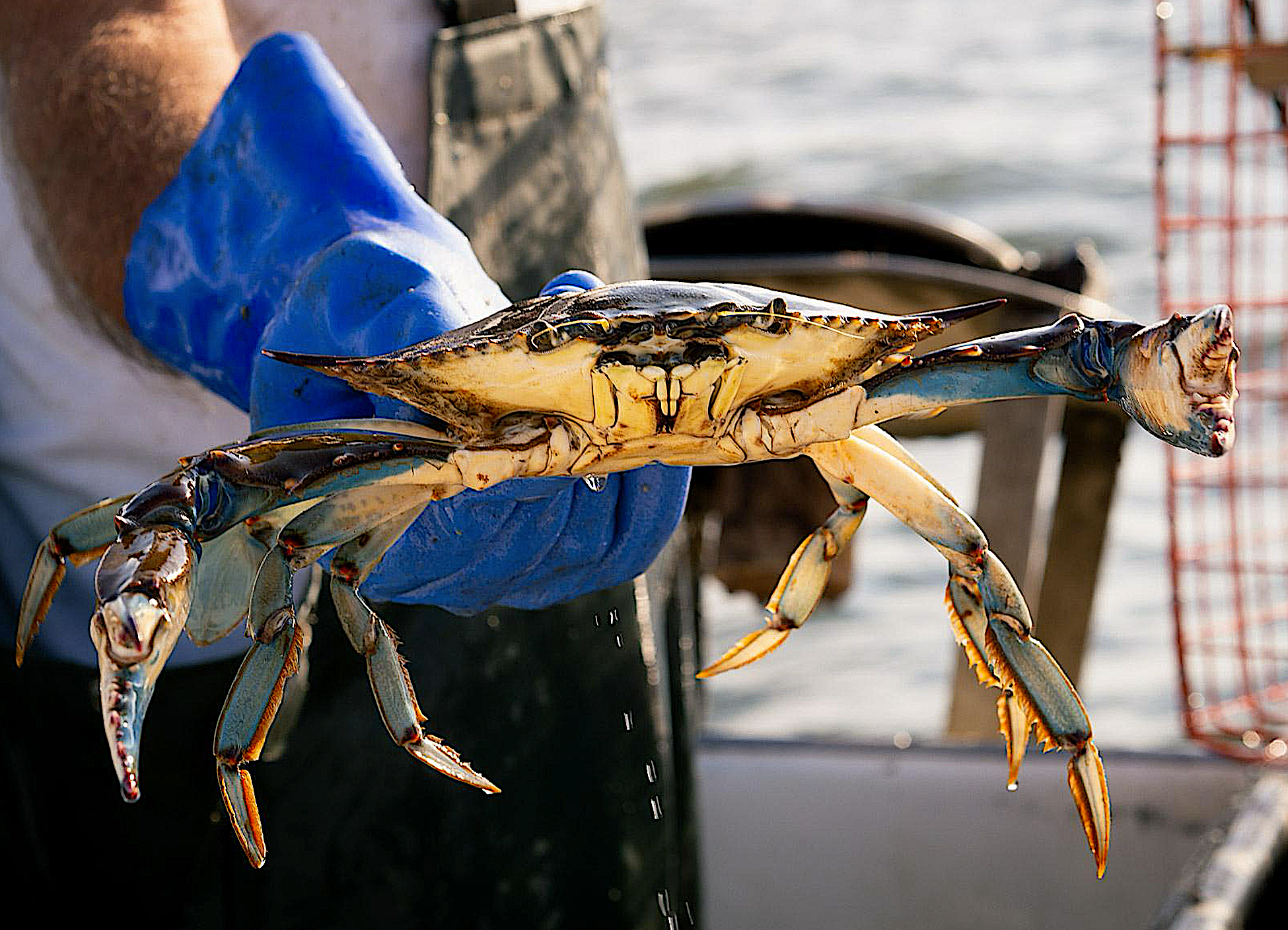When Do Spotted Seatrout Succumb to Winterkill?

When Low Water Temperatures Turn Lethal
Seatrout fishing is in full swing in eastern North Carolina. Quite a few anglers consider it their favorite time to fish, maybe because trips usually take place on cold, brisk days as opposed to the summertime heat. But, the water also is much cooler in the winter. How cold is too cold for spotted — commonly called “speckled” — seatrout?
Research Need
Spotted seatrout can experience winterkill — mortality due to a low water temperature. This phenomenon is particularly relevant to North Carolina, which constitutes the northernmost area in the species’ range. However, little is known about winterkill on adult seatrout populations. How much cold weather leads to winterkill? A better understanding of the occurrence in North Carolina will allow for more successful management of the species.
What did they study?
Spotted seatrout caught in North Carolina were tagged and tracked using telemetry techniques over the course of three winters from 2009 to 2012. The winter weather varied from year-to-year. Several factors, including whether the fish moved or not over a predefined period, determined whether a fish suffered natural mortality. To estimate natural mortality, fishing mortality, and emigration, researchers input their data into a capture-recapture model. This method to estimate population size is appropriate for use when it’s not possible to count all the fish within a population.
What did the results show?
Spotted seatrout winterkill events happened when water temperatures were below 44.6oF (7oC). Severe winters — which included many days of water temperatures below 44.6oF — caused more natural mortality than mild winters. During the two severe winters of 2009-2010 and 2010-2011, 7 of 34 fish and 6 of 9 tagged fish, respectively, died naturally. In the mild winter of 2011-2012, only 1 fish of 65 died naturally.
What else did they find?
Monitoring telemetry-tagged fish while documenting changes in the environment is an effective approach at determining lethal environmental limits.
Anything else?
In Pungo Creek, North Carolina, some refuge habitats potentially could provide shelter for fish, because these areas contain sections of deep water that likely remain warmer during cold weather events.
Reading
See also: How Winter Temps Can Affect Your Spring Fishing
Summary compiled by Anna Greene and Scott Baker
Above photo courtesy of Tim Ellis
The text from Hook, Line & Science is available to reprint and republish at no cost with this attribution: Hook, Line & Science, courtesy of Scott Baker and Sara Mirabilio, North Carolina Sea Grant.
- Categories:



